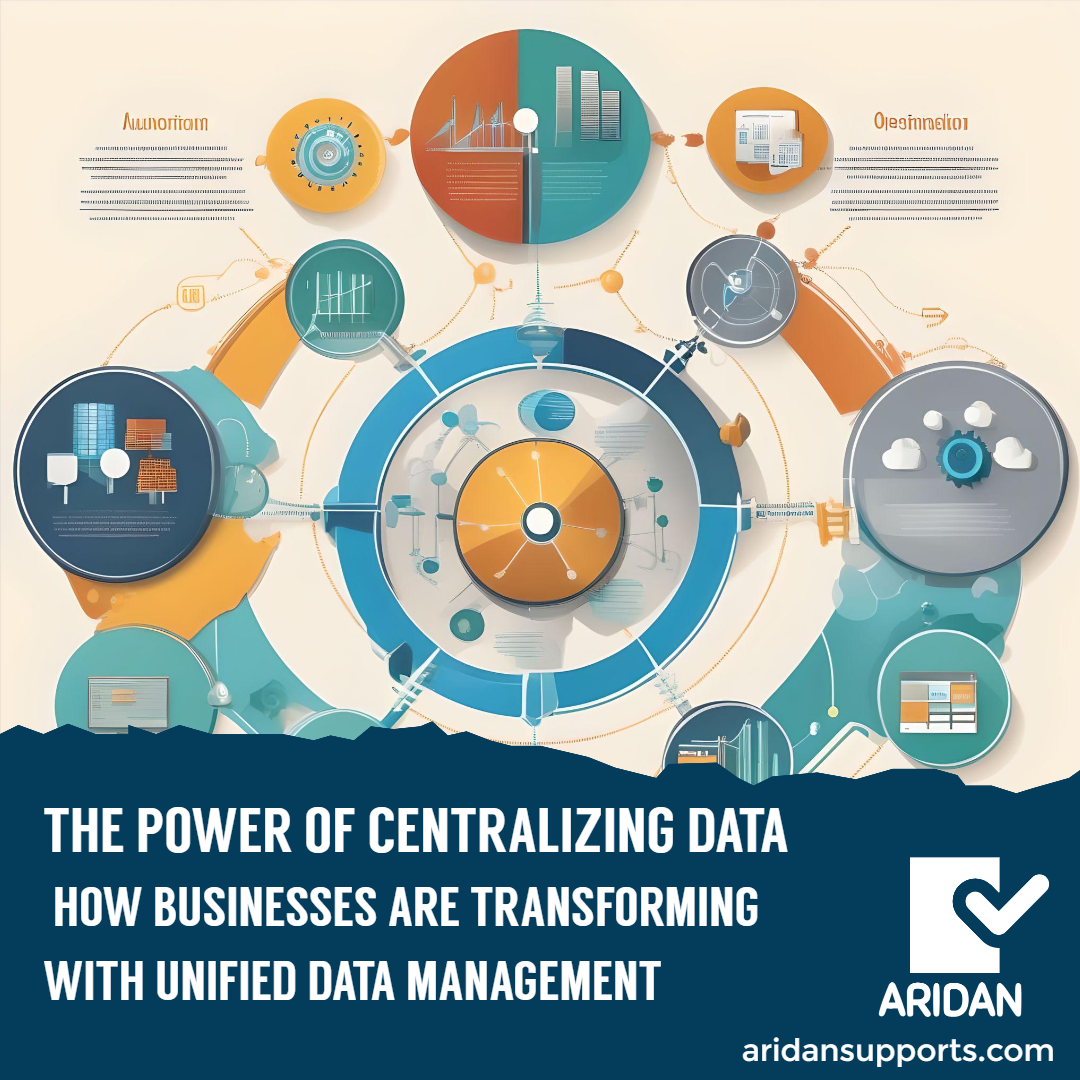In today’s fast-paced digital world, data is the lifeblood of businesses. It drives decision-making, enhances customer experiences, and fuels innovation.
However, managing data effectively can be a daunting task, especially when it’s scattered across various systems and platforms. This is where centralizing data comes into play.
Centralizing data involves consolidating all data sources into a single fully integrated platform. This allows businesses to have a comprehensive view of their data, enabling them to make informed decisions and drive growth. Here are some key benefits of centralizing data:
IMPROVED DATA QUALITY
When data is scattered across multiple systems, it’s easy for inconsistencies and errors to creep in. Centralizing data helps ensure data accuracy and integrity by providing a single source of truth.
ENHANCED DATA SECURITY
With data breaches becoming increasingly common, data security is a top priority for businesses. Centralizing data allows for better control and monitoring of access, reducing the risk of unauthorized access and data leaks.
STREAMLINED DATA MANAGEMENT
Managing data across multiple systems can be time-consuming and inefficient. Centralizing data simplifies data management, making it easier to organize, access, and analyze data.
BETTER DECISION-MAKING
With a unified view of data, businesses can make more informed decisions. Centralizing data enables businesses to analyze trends, identify opportunities, and anticipate challenges more effectively.
IMPROVED COLLABORATION
Centralizing data fosters collaboration among teams by providing a shared platform for accessing and working with data. This leads to better communication, alignment, and productivity.
SCALABILITY
As businesses grow, their data needs also grow. Centralizing data allows for scalability, making it easier to accommodate increasing data volumes and complexity.
COST SAVINGS
Managing data across multiple systems can be expensive. Centralizing data reduces the need for multiple systems and tools, leading to cost savings.
FINAL THOUGHTS
Overall, centralizing data is a strategic move that can help businesses unlock the full potential of their data. By providing a single, unified view of data, businesses can improve data quality, enhance security, streamline data management, and make better decisions. As businesses continue to embrace digital transformation, centralizing data will play an increasingly important role in driving growth and innovation.








